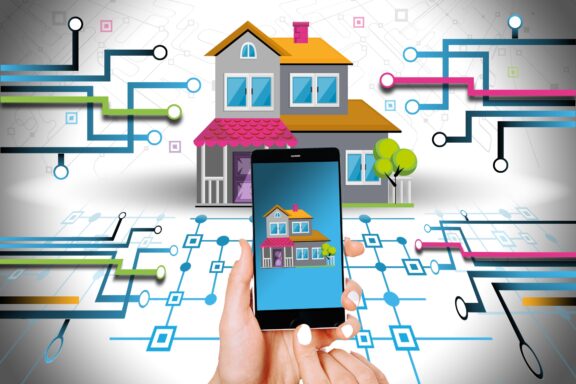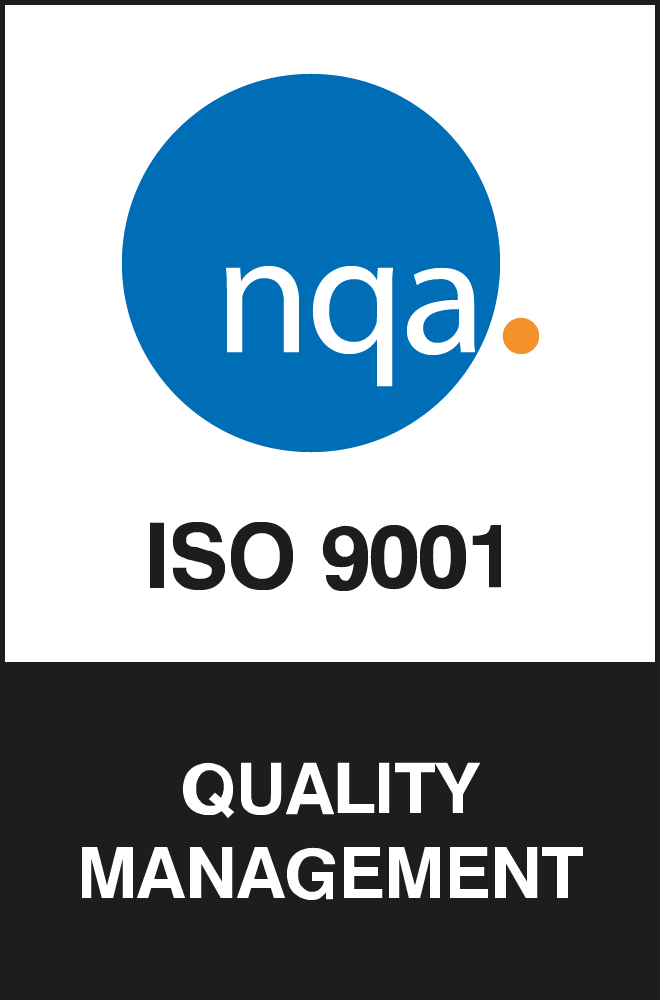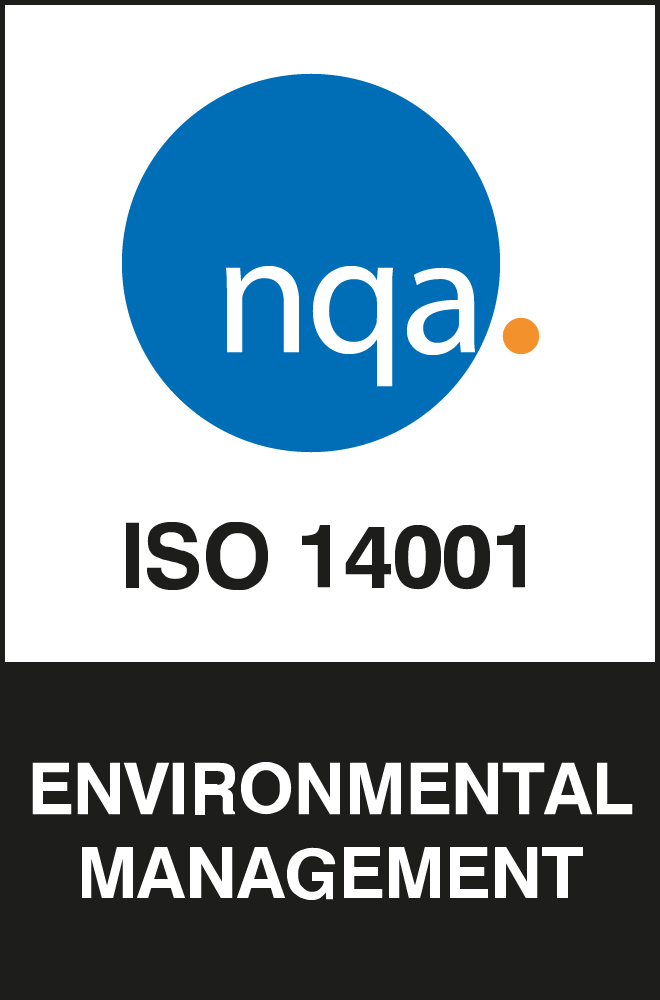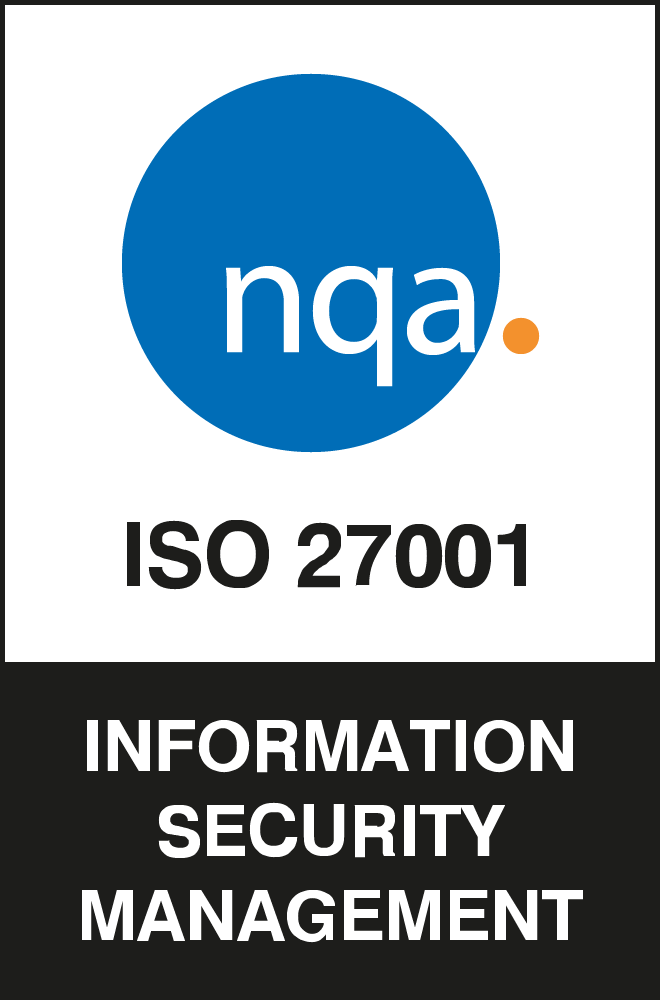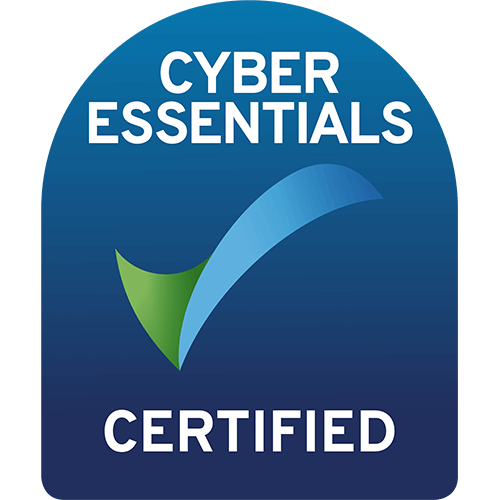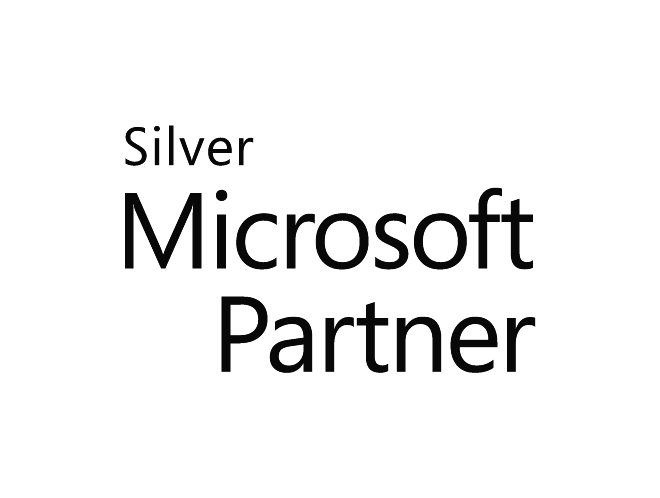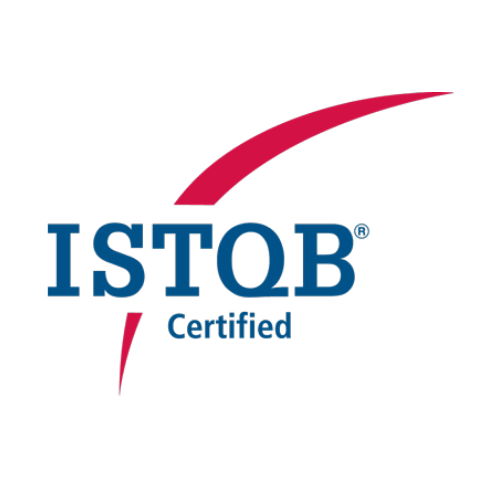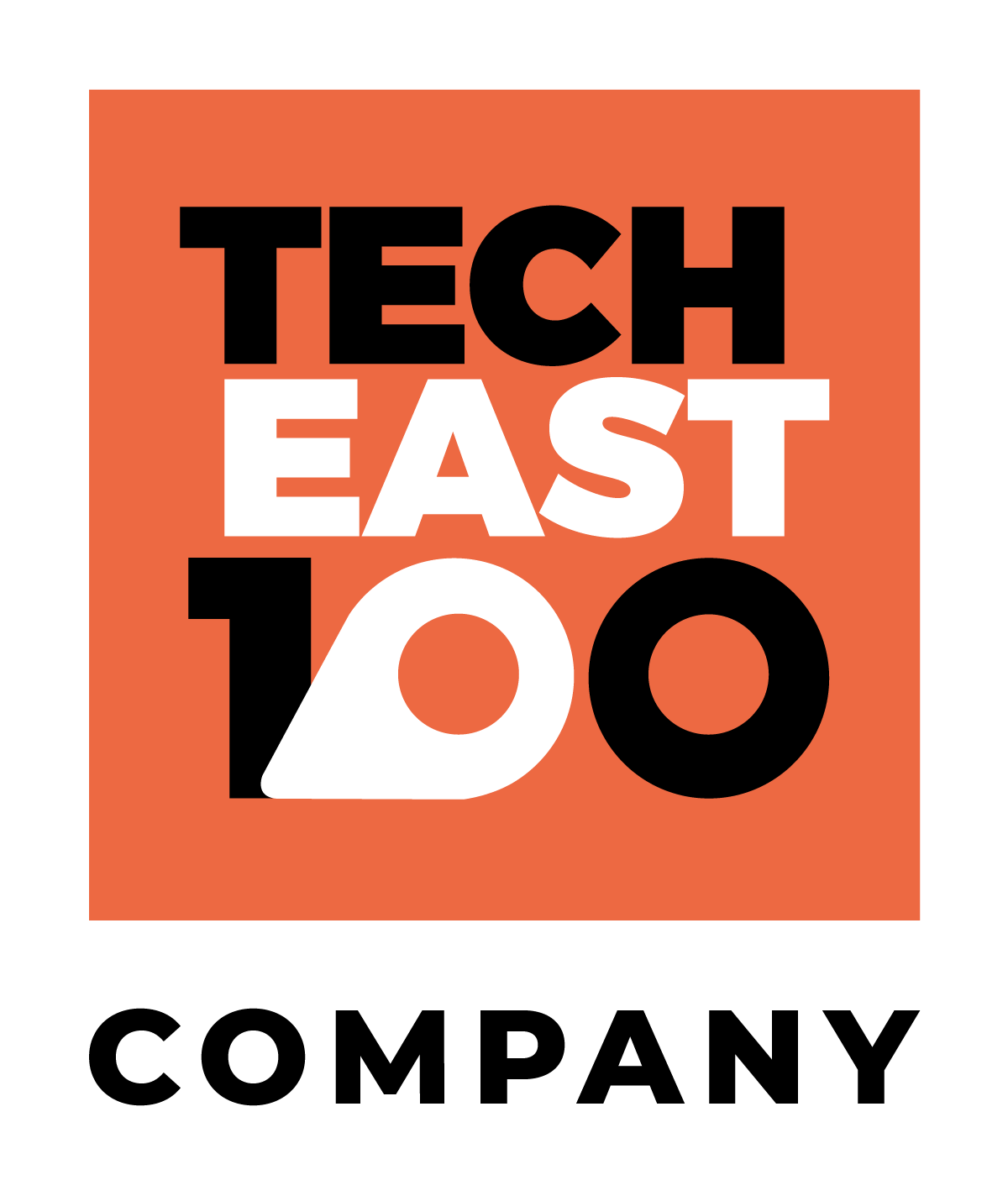With Covid-19 restrictions still in place, the real estate and property management industry is using a variety of different technologies to improve operations and maintain optimal output whilst keeping employers and tenants and property viewers safe.
Read on to find out the top real estate technology trends emerging in 2023 and beyond.
Custom CRM Software Development
The real estate industry differs from most other industries that operate by selling goods or assets to others for profit in that both the supplier (the party selling a property) and the buyer (the party buying a property) are both treated as customers.
With two distinct sets of customers to nurture and cater to, professionals in this industry require state-of-the-art custom software that they are looking to software developers to create.
Real estate specific CRM software allows the streamlining of businesses processes, whilst keeping the needs of both customer types satisfied. Here are seven examples of processes that can be enhanced with custom-built CRM software:
- Automated data import
- Up-to-date real estate asset details including amenities and features
- Automated targeted email marketing and sales campaigns
- Third-party service integrations
- Tailored workflow management
- Digital listings management and reporting
- Automated alerts to contact customers at different points of the buying process
Virtual Property Promotion
With restrictions from the Covid-19 pandemic still present, property tours via virtual reality platforms will become a more commonly used technology within the real estate industry.
With potential renters and buyers still unable to physically view properties in real life, VR technology is being used to allow them to experience a property and its unique features, surroundings and amenities without risking the health and safety of themselves and others.
Unfurnished properties can also be furnished digitally with virtual furniture so that those interested in the property can get a better understanding of how the place would look and feel when they move in.
Further than this, some property management agencies are creating and distributing brochures that when scanned with a smartphone camera, bring up 3-D models of available properties for users to browse through on their phones.
Green Tech & Sustainable Upgrades
Almost every industry operating today has begun taking more responsibility for implementing sustainability as a core aspect of their operations, and the real estate and property management industry is no exception.
Property management companies are investing more in smart technologies for sustainability to upgrade their existing buildings to be considered smart buildings.
Smart buildings are buildings that use connected devices and technologies to improve performance, communicate information electronically and automate certain processes, resulting in all-round improved energy performance.
Smart HVAC systems are an example of green tech that is being used to improve energy efficiency in residential and commercial buildings.
Using sensors, smart heating, ventilation and air conditioning (HVAC) systems can alter their output per data collected by the sensors and thermostats to create optimum conditions for the building’s occupants while more accurately managing energy output.
For example, an apartment with tenants who spend most of their time in the living room can be helped by smart HVAC systems – which will divert resources towards the kitchen, away from the other rooms not being used so that energy is not wasted heating or cooling rooms that no one is going to feel the benefit of.
Another example is increasing building electrification, many property management companies are increasingly offering electric vehicle charging spots in residential car parks whilst switching their buildings’ operations to run on electricity rather than natural gas or fossil fuels.
With more of us becoming environmentally conscious renters and buyers are prepared to pay more for properties that align with their morals and ethics, so we can expect residential and commercial real estate professionals to capitalise on this growing trend.
Smart Maintenance
Connected devices and sensors are being installed in homes and office spaces to specifically monitor and record usage rates for certain appliances so that accurate estimates can be made about when they will need to be replaced or repaired.
For example, the manufacturer of an office heating system might recommend that repairs will need to be made after three years of general usage, but in an office where the printer is only used once a week or so rather than every day, repairs are likely to only be required much much later than the three years recommended.
With smart maintenance sensors, the printer’s output and performance can be monitored so repairs or replacements aren’t made before they’re needed – saving time, inconvenience and money.
Predictive Analytics in Property Management
Predictive analytics refers to running big data through complex machine learning algorithms to accurately predict market trends. These data-driven insights are useful to professionals working in the real estate and property management industries for a variety of reasons, including:
- A greater understanding of buyer personas and journeys for improved lead generation and marketing
- Better clarity on the potential value added by proposed improvements such as extensions or remodelling
- Identification of optimal investment properties based on value, location, tenant incomes and local occupancy rates.
Smart Home Devices and Data
Smart home devices are common in many homes across the world now and they collect a huge amount of data that would prove to be very valuable to real estate professionals.
If they were able to legally and ethically gain access to the data collected by smart home devices such as smart speakers, thermostats and assistants, quality improvements could be made to tenant experiences based on the usage of various devices around their homes.
Property management companies could adapt their assets and improve their offerings to appeal to wider or more niche markets depending on the insights drawn from the data.
This would also be useful for creating engaging marketing campaign strategies.
Real Estate Mobile Apps
Custom mobile apps are a key part of the real estate and property management industry’s digital transformation. Tenant mobile apps are making it easier for property managers to handle a host of different processes and issues, such as:
- Logging maintenance requests and scheduling repairs
- Collecting tenant feedback and reviews
- Distributing building information for tenants to read
- Rent collection
- Issue receipts and collate contract documents in a central system
Localisation and Powerful Geolocation
Hyper locality is a technology trend impacting the real estate industry. People in the property market are becoming increasingly disconnected from large, impersonal property management companies and real estate professionals.
From this, we can anticipate greater localisation and more of a push for location-based agencies that have proven, demonstrable experience with properties in the local area.
To present themselves as local property authorities, larger real estate agencies will begin to use sophisticated geolocation technology to present potential buyers with information such as property data, local maps, areas prone to flooding and soil types
Automated Security Systems
Automated security systems is a trend becoming increasingly popular amongst landlords and property managers, offering enhanced security and protection for their tenants and amenities.
Properties that have sophisticated security features typically are considered more valuable and are becoming more wanted amongst renters and buyers who place safety and security at the top of their lists.
Smart security systems, in particular, are growing in popularity as they allow tenants to monitor their property, review video surveillance tapes and edit security codes from their very own mobile devices, adding an extra layer of security.
In the future, we can expect these systems to become more advanced and secure, removing any concerns that tenants may have regarding data security and the threat of malicious hacking.
Digital Housing Societies
As a result of the recent housing crisis many people, especially the younger generations, are apprehensive about buying or renting property alone for the first time.
This is leading to a rise in online platforms that cater to audiences seeking shared accommodation or office spaces due to the reduced running costs and a greater sense of community they bring.
Real estate companies are expected to utilise this rising shared accommodation technology trend so we can expect to see more platforms such as these crop up throughout 2023 and the years to come.
What apps or software would you like to see used in the real estate and property management industry?
At Coderus, our passionate team of developers have a wealth of experience within a variety of different sectors, including this one.
Get in touch with us today to learn more about how we can help you launch your next project.
